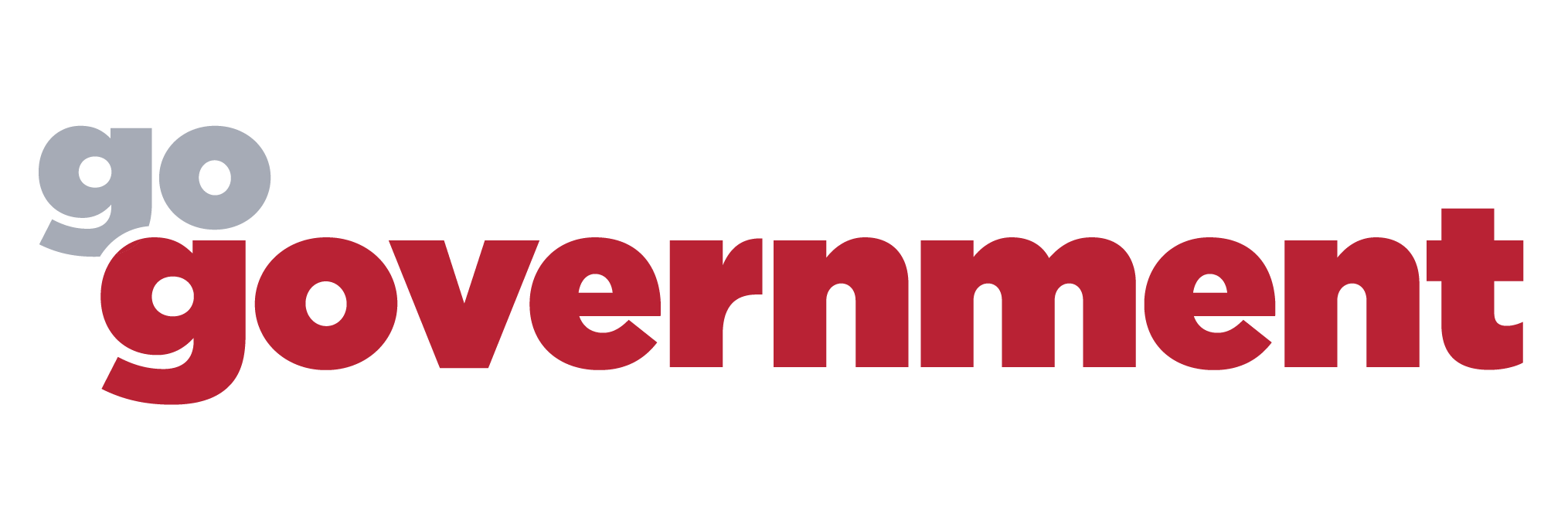 - - Writing Your Federal Résumé
- - Writing Your Federal Résumé|
|
Related Pages: Getting the Job and Questions Appendix
Downloadable pdf forms:
Personal Portfolio - Application Summary
Personal Portfolio - education
Personal Portfolio - Job History
Personal Portfolio - References
| Because of recent events, to be specific, the pandemic of 2020, I decided to start this paper with: |
|---|
Be Prepared! You never know what will happen, life can change in an instant. |
If you've learned anything from the pandemic of 2020 it should be that things change quickly and almost without any warning. Millions of people lost their jobs, jobs that they thought were secure. Lives were lost and numerous people got sick and ended up with lifetime problems. Add in earthquakes, hurricanes, landslides, wildfires, accidents, the list is endless and most happen without advanced warning. While I was writing this, August 2020, there was a massive explosion in Beirut Lebanon. It wasn't an attack; it appears to have been cause by improper storage of fertilizer. Over a hundred people were killed, thousands more were injured, and tens of thousands of lives have been changed all in an instant. I know you can't plan for every possibility but some basic preparation can be done. Have an evacuation plan, have some money in the bank, make sure your safety devices work, e.g., smoke alarms, insure the fire extinguishers are charged, are some of the things to do. On a personal note, make sure your records are in a safe place and that your résumé, job history, references, and educational records are up to date. I guess, I'm just saying, there is no way we know what’s going to happen, however, there are things we can do to be ready for whatever. Specifically make sure your résumé and work history is up-to-date. |
Before you start looking for work, you should take some preliminary steps.
Job Preparations List:
First and foremost, if you are working, be a good employee. A lot of people I've worked with over the years thought they were good employees, but they weren't—not in my eyes, but in the eyes of people that counted. I've seen a lot of people passed-over for promotion or being hired, that had nobody to blame but themselves, although they did blame others.
Also related to being a good employee is doing a little extra. Although a particular task is not in your job description, do it anyway, so long as it is not unsafe or illegal. My personal point of view is that if I'm there anyway—what difference does it make.
Volunteer or get an internship. Besides being a good employee, this is probably the next most beneficial thing you can do. Look for work in the field you would like to pursue. Volunteer, there aren't many suicide jobs you'll be asked to do. In addition, you may be gaining more skills, which are applicable to a higher or another position you would want.All volunteer work will pay off. You get experience. You meet people and build a network. And you will probably feel good about yourself. Volunteer work shows possible perspective employers that you are motivated. Go to a business that you would like to work for and ask if you can volunteer to do the work. If they ask why. You can tell them that it will give you experience. You can also say that it is a win-win, they get no-cost work and you gain experience. In addition, the benefits to you are you get a foot in the door(meaning that if a position should open you'll be a prime candidate), the opportunity to show them how good a worker you are, and obtain references or referrals.
Get yourself a loose leaf binder or an accordion file folder. I filled mine with plastic protectors, so I could slide in 8.5 x 11 sheets. I divided the book into sections: Education, Job History, résumés, References, Applications. At the top I've included several links to downloadable forms and at the end are some samples that I used.
Gather several applications and make a list of generic questions. Then carefully document the answers.
Collect a few job descriptions for each type of job you will be seeking.
Read books and take courses.
Build a Network.
Get A Mentor.
Let everyone, and I do mean everyone, know that you are looking for work. A lot of jobs are not advertised and filled by word of mouth.
Update your résumé. Make sure you use the "Key" words related to the position. You should have one for each type of position you seek.
Develop computer skills.
Links to Job Sites for Preparation Assistance and Tools:
 - - Writing Your Federal Résumé
- - Writing Your Federal RésuméJob Hunting:
Start by going to Google, Bing, Yahoo, etc. and search for Jobs or Career finding sites. Nearly all government jobs are posted on the internet. If you're interested in a local government job go to their human resources office and ask. Many companies also post-employment opportunities. In some cases, you can download job applications and job descriptions. In most cases you can apply online; the fact is that many companies now require online applications. This is becoming the trend. I would encourage delivering the application, with a cover letter and résumé, to the person doing the hiring. Have a few questions about the position—not benefits or pay related. Good questions tell the person that you're interested in the job. My favorite is, "What's the biggest challenge I'll face?" I like to save this one for the interview with the person that you'll likely be working for; most of the time, it will be the last interview.
Visit all places you would like to work, even if no jobs are available. Get an application and ask for job descriptions of the positions you would apply for. Ask to speak to the person responsible for hiring. Let them know you're interested in working for their company (have a reason) and leave your name, phone number, and e-mail address. Put it on a three by five card. Also leave a résumé. Ask them to "Please" notify you if a position becomes available. It will let the person know that you are motivated and when your application is reviewed, you will be a person rather than just a piece of paper.
Although today most jobs can be found online, some may be found in professional/trade magazines, the newspaper, and specialized publications (Like Jobs Available, which lists various government jobs and it can be subscribed to) are a good place to look. There are often local publications that list jobs and can be obtained at various outlet, such as the library and stores.
Links to Job Seeking Sites:To start the process, you could “Google, Bing, Yahoo, etc.” and search for example, Jobs, employment agencies, or résumé templates guides. It doesn't matter what you put in as long as one word is jobs, employment, résumés, etc. Most of the sites will assist you on submitting applications, writing résumé, and give guidance in interviewing. Below is a list, with links to some job websites.
Note: comments following the name were taken from the site. Also, the below were operative at the time of this writing and may have changed.
 - Quickly search more than 200k job openings from local employers who want to hire YOU. Find your perfect job and apply today. Jobs.com - a better job search
- Quickly search more than 200k job openings from local employers who want to hire YOU. Find your perfect job and apply today. Jobs.com - a better job search
| Job History (One for each position) | |
| Position: | |
| Organization: | |
| Type of Business: | |
| Address: |
|
| Phone: | |
| Supervisor: | |
| From: | |
| To: | |
| Starting Salary: | |
| Ending Salary: | |
| Reason for Leaving: | Never give a NEGATIVE Reason or bad mouth the organization. There are plenty of positive reasons. |
| Summary of Experience: A short summary for job applications and an in depth description of your work for résumés and when more than just a short summary is required. Include special accomplishment and certifications. |
|
| References | |||
|---|---|---|---|
| Name: | Title: | ||
| Address: |
Known from - to |
||
| Phone: | Email: | ||
| Summary of relationship: |
|||
| Education part 1 | |||
|---|---|---|---|
| Name of School: | Type | ||
| Address: |
Phone: |
||
| Email: | Attended: from - to | ||
| Number of Units | GPA | ||
| Summary of Courses: |
|||
| Education part 2—List of Seminars, Certifications, Self-study courses and examinations. | ||
|---|---|---|
| Course Title | Grade | Dates |